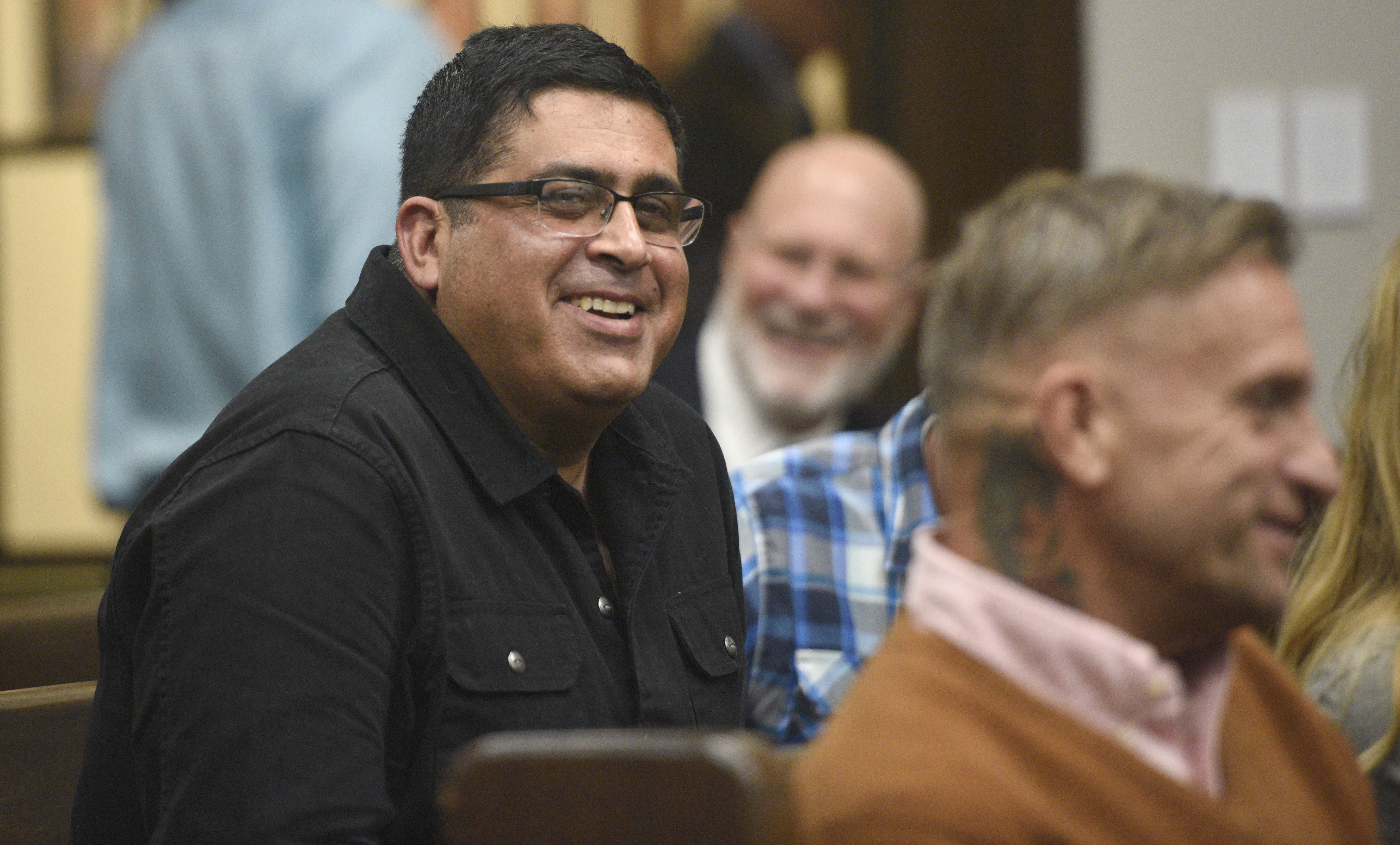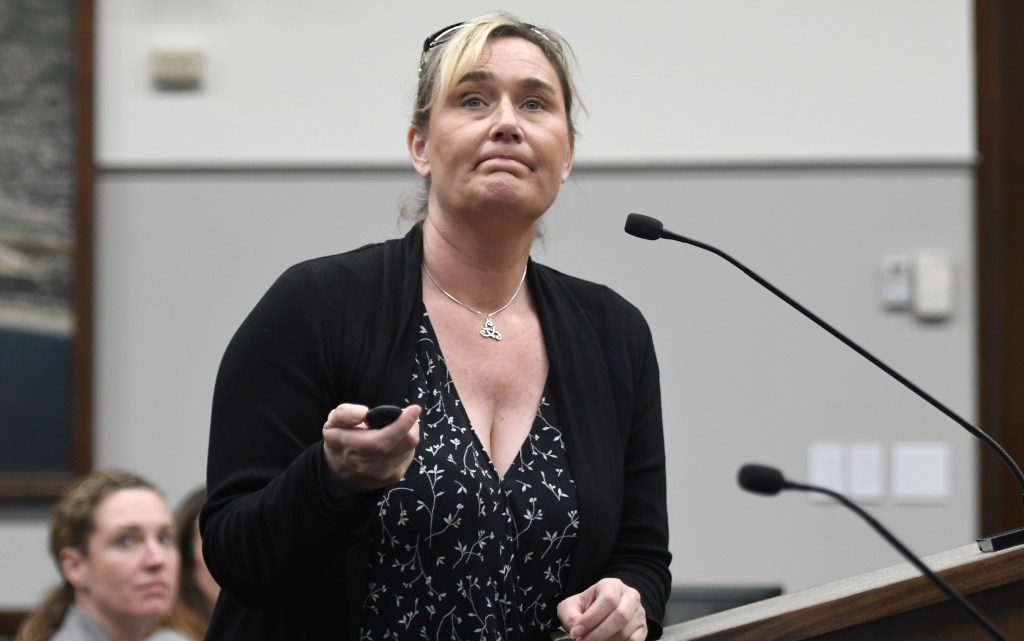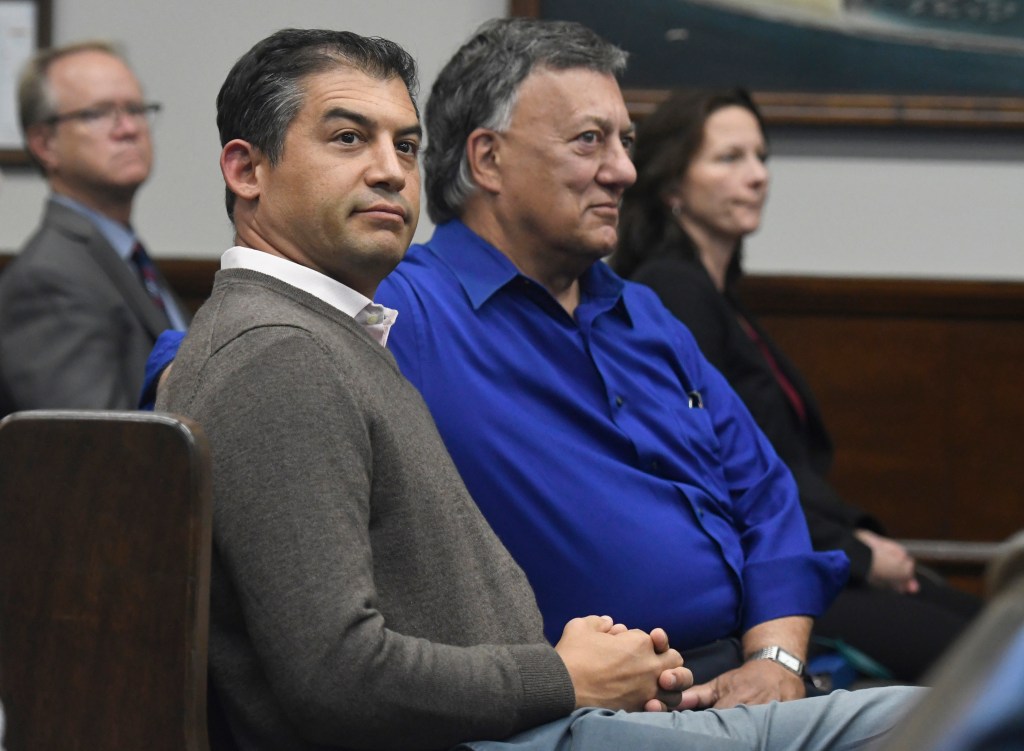Funk Zone Project Wins Unanimous Council Approval
Ray Mahboob Is Ready for His Close-Up for Lower Anacapa Street Project

Ray Mahboob may not yet be the King of Marvin Gardens, but this Tuesday, the opinionated but soft-spoken and camera-shy downtown real estate powerhouse was all but crowned king of the city’s much-heralded Funk Zone. By a unanimous vote, the Santa Barbara City Council voted in favor of Mahboob’s latest proposal — to rehab and redevelop the old 12,000-square-foot industrial warehouse where the Castagnola Brothers, George and Mario, once sold fish into a new hippified space where house-made sausages, craft beer, high-end clothes, and skateboards can be sold out of a building adorned with enough kitchified design touches to qualify as architectural folk art.
The council’s action comes on the heels of a similarly unlikely event — a unanimous vote by the city’s Planning Commission in favor of the proposed project bounded by Helena Avenue on one side and Anacapa Street on the other. In fact, the only person speaking against Mahboob’s proposal was Anna Marie Gott, City Hall’s most tireless citizen watchdog and its most outspoken gadfly. (Technically, another group appealed as well, Accessible Santa Barbara, but its principal activist never showed up.)

Gott appealed the Planning Commission’s approval to the council, arguing that city building codes require the project to provide 46 parking spaces but that Mahboob is proposing only 32. And that, she pointed out, is only when he provides valet parking. The other times, she noted, there would be only 17. The pent-up new parking demand generated by Mahboob’s new project, Gott predicted, will spill over into nearby public streets that are already congested and overburdened. The city should not give up its waterfront parking for the convenience of restaurants, bars, and wine-tasting rooms, she argued, but should be reserved for people “who are supposed to be going to the beach.”
As public figures go, Gott has been singularly indifferent to personal popularity, and Tuesday afternoon Gott and her arguments — complicated, detailed, and exhaustively researched — got absolutely no purchase with either members of the council or the large number of Mahboob supporters. They described Mahboob gushingly as a pioneering visionary and ethical entrepreneur who could save Santa Barbara from its retail doldrums.

Mahboob himself never spoke, but his agent and spokesperson Jarrett Gorin dismissed Gott’s arguments as “a maelstrom of claims,” adding, “A lot of them sound like conspiracy theories.” Many of Mahboob’s tenants spoke in favor of the project. Wallace Piatt, owner of Loveworn, exclaimed, “That building seethes with creativity. We want to keep it funky down there but clean it up.”
Translated, that means the Helena Avenue frontage — which sports some of the most eclectic design details in town — will be kept as it is, while the rest of the building is reinforced, reimagined within its existing footprint, and provided a substantial amount of ADA access. (The building currently has no handicapped amenities.)
Speaking in favor of Mahboob and his project were a host of tenants, real estate players, and Funk Zone aficionados. As a group, they were younger, hipper, and strikingly more ethnically diverse. Former Santa Barbara mayor Hal Conklin spoke in praise of the project as did County Supervisor Das Williams, who went to school with Mahboob since the two were in grade school. Williams talked lovingly about not only the “old Funk Zone,” where he could get his surfboards repaired, but also the new one, home to tasting rooms of all alcoholic stripes.
“This is a good project, and you don’t have to choose between the old Funk Zone and the new Funk Zone,” Williams said. “You can have both.”
As for the parking issues Gott raised, Mahboob’s supporters and city planners cited recent traffic surveys indicating that 35 percent of people visiting the Funk Zone got there by Uber, Lyft, bike, or bus. Drinking and driving may have been common in the ’70s, one speaker argued, but times have changed. And the Funk Zone, everyone agreed, clearly involved drinking. Parking, they argued, was a waste of a limited precious resource: land. Or as Supervisor Williams put it, “Parking orthodoxy is the enemy of progress in this community and in the state.”
Before the council voted in favor of the project, City Attorney Ariel Calonne cautioned they add the legal verbiage needed to fortify their decision against an expected appeal to the California Coastal Commission and from there eventually to court.




You must be logged in to post a comment.